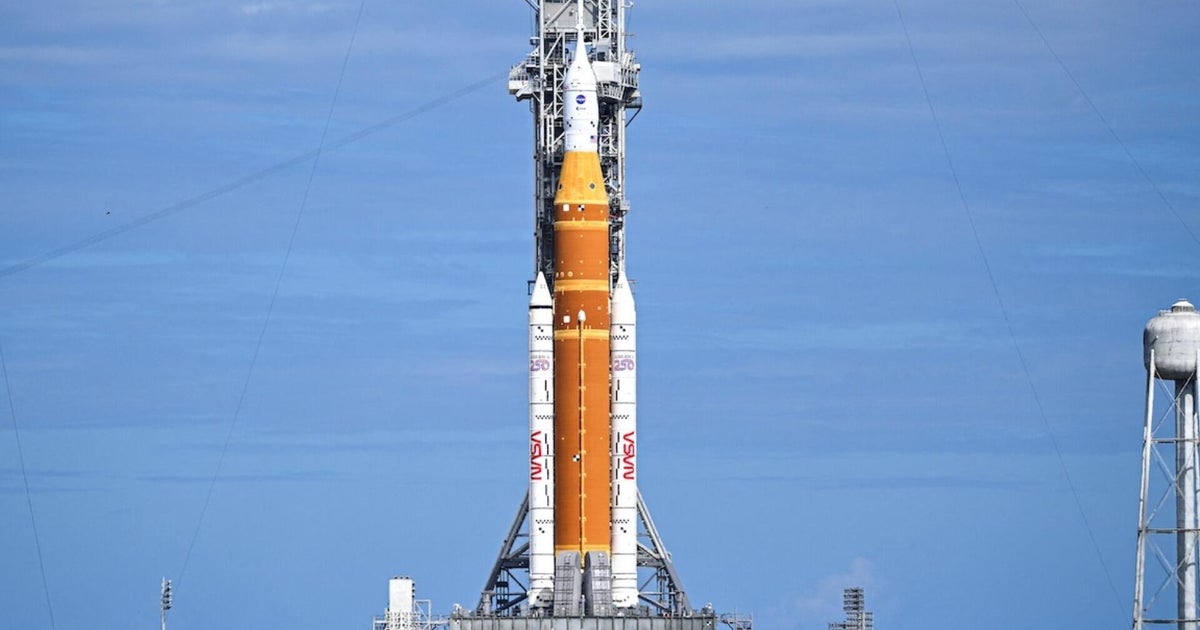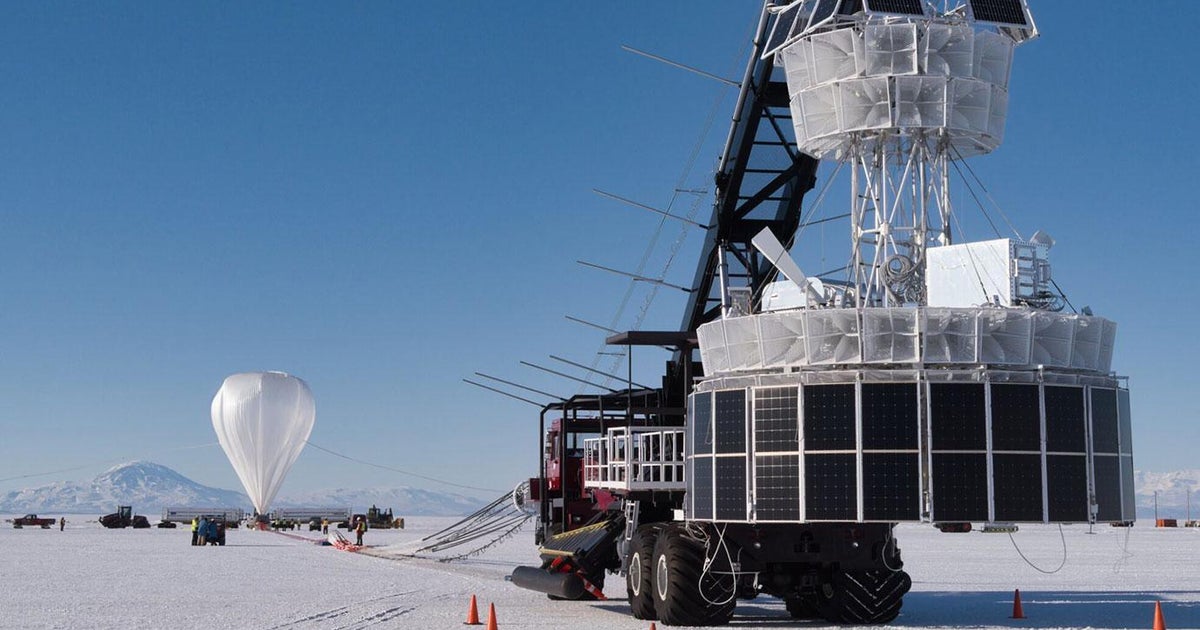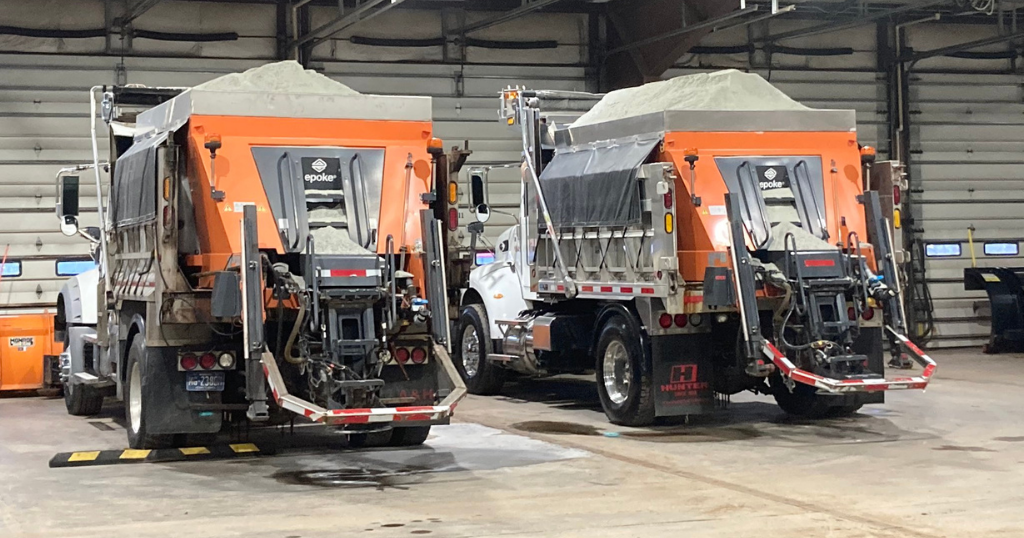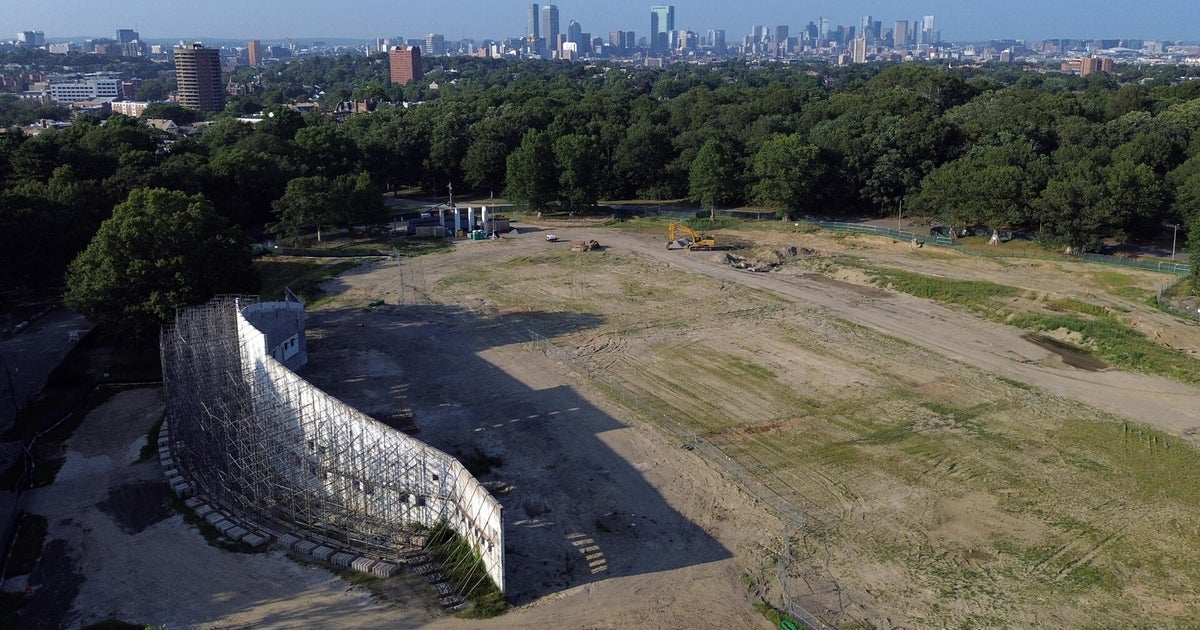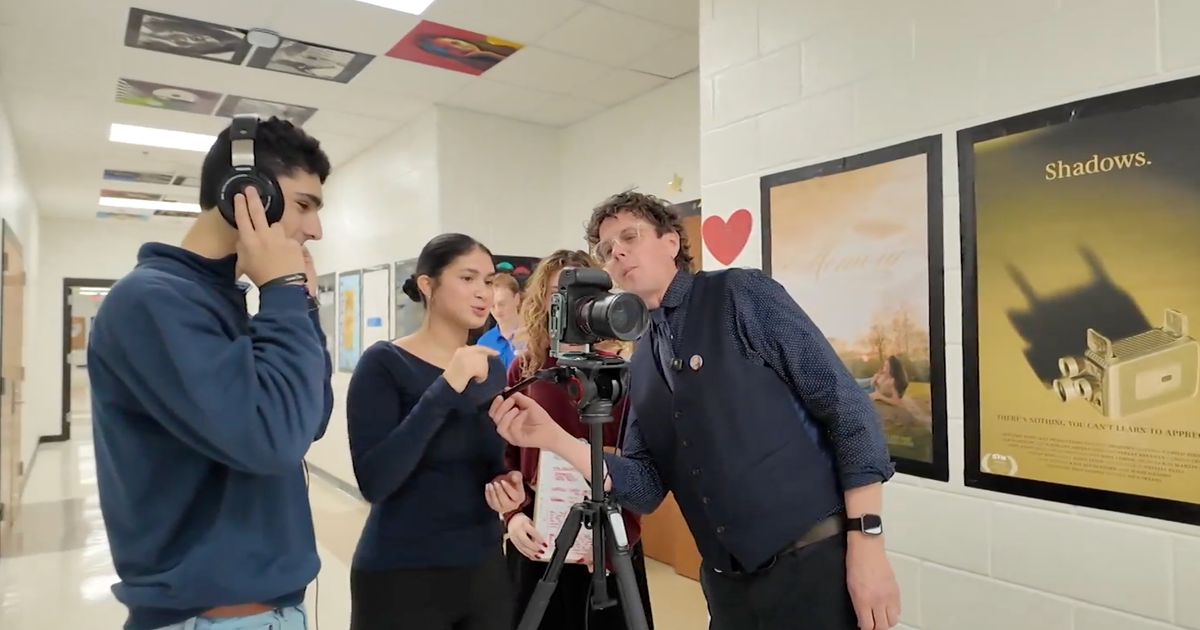Good Question: What Have We Gained From Outer Space?
MINNEAPOLIS (WCCO) -- In a little more than 12 hours, the space shuttle will blast into space and into American history books.
Space Shuttle Atlantis is ready for its last launch, which is scheduled for Friday at the Kennedy Space Center depending on weather conditions in Florida. With the launch, NASA is ending the 30-year run for the space shuttle program after 135 flights.
So in Thursday night's "Good Question," we ask what have we gained from outer space? WCCO-TV's Jamie Yuccas found some down-to-earth benefits we enjoy on a daily basis.
Before you hit the ground or the road, you might want to think about what goes up in the air.
"I like seeing the space shuttle lift off on TV," said Clare Kade.
When Jamie asked a younger what they envision outer space to look like, Jack said "Green, and orange and going in a spaceship."
Many find it to be one of the most inspiring things they'll see. Besides wonderment, actual products have come from the space program.
One such product is the handheld microphone. Sally Brummel works for the Minnesota Planetarium Society and showed us a cooling suit worn by Apollo astronaut Allen Bean.
The planetarium society just received new artifacts from NASA. And inside, collections from the agency have developed, some into fashion.
"Don't they look like cargo pants? They do have a pocket down there," said Brummel.
And that's just where it gets started.
"A lot of technology products," Kevin Rooney said.
"Digital cameras wouldn't be possible without NASA technology, computer chips and even things like foam that's used to protect the external tank on the shuttle is also used to make molds for prosthetic limbs," Brummel said.
Amy Boyle said she learned about dried food from NASA and likes to use it for camping.
"Another one I heard about is helping to build better vaccines because you bring up the samples," Brummel said.
"I feel like there's been so many advancements (because of NASA)," Boyle said.
NASA's list of developments tops more than 100 every day products and thousands of computer programs.
"Pretty much anything you can think of today that is cheaper, smaller faster, better anything you use in your daily life is likely a spinoff from NASA because they have to develop such state-of-the-art technologies to get people into space," Brummel said.
And even though the 30-year-old shuttle program is ending, Brummel said the advancements will just keep coming.
"It's time to move on, time to build the next generation," said Brummel.
It seems with everything NASA has brought us, only the sky is the limit. We also found out some surprising things NASA didn't bring to the market.
Believe it or not, Tang, teflon and velcro were all used or associated with the space program but they didn't come from NASA.
After Atlantis launches Friday there will be no way to get an astronaut into space from American soil. So what's next? NASA officials said they are working on space vehicles with the goal of landing on Mars someday.
